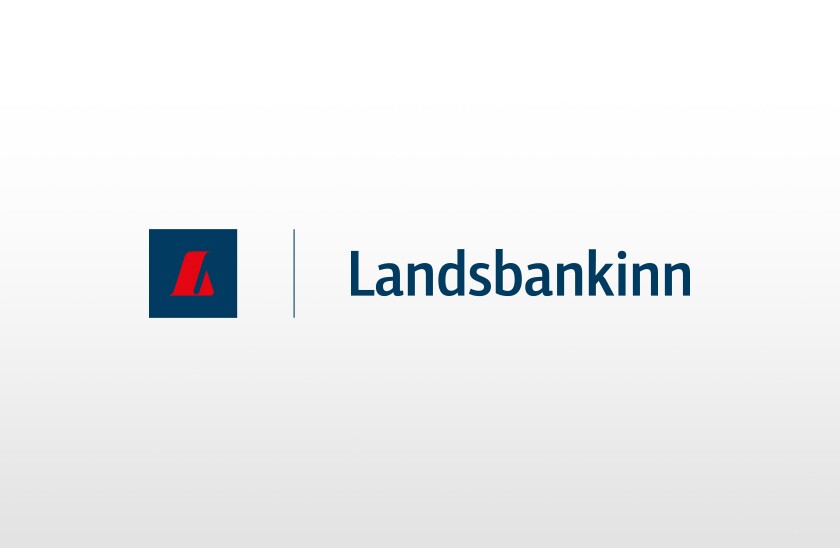Following a period of robust economic growth in the post-pandemic era, a turning point has now been reached. We forecast very limited economic growth in the coming years, or 0.9% this year, 2.2% in 2025 and finally 2.6% in 2026. High interest rates will dampen growth through diminished consumer consumption and the delay of various investments in wait of lower rates. We expect capital formation to increase by a mere 0.1% this year and private consumption by 0.9%.
Sticky inflation at around 6%
The Monetary Policy Committee of the Central Bank of Iceland has maintained unchanged policy rates since August 2023. The MPC has stated that the rate-cutting cycle should begin at a “credible point in time” and not before there are “clear indications” of receding inflation. We expect inflation to remain sticky at around 6% in coming months. Most recent CPI figures showed a slight uptick in May, with inflation rising from 6% to 6.2%. As a result, we do not expect any rate cuts until this fall at the earliest.

Inflation is currently quite broadly based. While housing has been its main driver in the recent past, imported goods as well as services have recently increasingly put pressure on inflation. The fact that services are causing more inflationary pressure than before could be traced to recent collective bargaining agreements in the workforce. Despite providing for quite modest wage growth, the agreements may have enhanced demand and thereby increased inflationary pressure.
Demand pressure appears notable on the residential housing market despite high interest rates and housing prices have risen in recent months. A possible driver of increased demand is the housing crisis caused by recent seismic and volcanic activity on the Reykjanes peninsula which has affected an entire 1% of the Icelandic population. Up to 1,200 homes were evacuated, forcing entire households to relocate, which naturally put a pressure on housing prices in other areas.
Contraction in the first quarter of 2024
Preliminary figures show that GDP is estimated to have decreased by 4% in the first quarter of 2024. The contraction is mainly due to a failure in the capelin catch, which led to less growth in the stock of marine products compared to the same period last year. Private consumption increased slightly, and capital formation grew by 2.4%. The contraction in GDP is not necessarily a result of high interest rates, as we experienced a slight growth in domestic demand. We expect domestic demand to grow at slower pace in coming quarters, as interest rates remain high.
Slower export growth
We expect export growth to slow down this year compared to previous years. The travel industry shows clear signs of a slowdown. While we expect the number of tourists visiting Iceland to continue to grow, we see a slight decline in factors such as the length of stay. Tourism grew fast in the post-pandemic era — we now expect that a turning point has been reached, leading to much slower growth.
As for the other main export sectors, we expect to see growth in marine products this year as higher catch quotas for demersal fish were issued, counteracting the capelin catch failure. Aluminium exports are expected to increase less this year than in recent years, not least due to a reduction in energy allocation to large users earlier this year.
Other export sectors, i.e. other than the travel sector, aluminium and fisheries, have grown handsomely in recent years; a trend we expect to continue going forward. The outlook is for significant growth in the export of pharmaceuticals and medical equipment, which doubled between years last year. Export of farmed fish is also likely to increase.
High inflation the main challenge
In general, our outlook for the next couple of years is for very little economic growth. Inflation is the main economic challenge we face and while inflation expectations remain high, the battle won’t be won. The MPC has signalled that a rate-cutting cycle is on the horizon, just as soon as inflation and inflation expectations decline.
As always, uncertainty remains a factor in our forecast, most notably represented by international war efforts that may impact the economies of our business partner countries and thereby Iceland. In addition, the seismic and volcanic activity on the Reykjanes peninsula is on-going and could pose a threat to local infrastructure and tourism in the area.
Una Jónsdóttir, Head of Landsbankinn Economic Research

